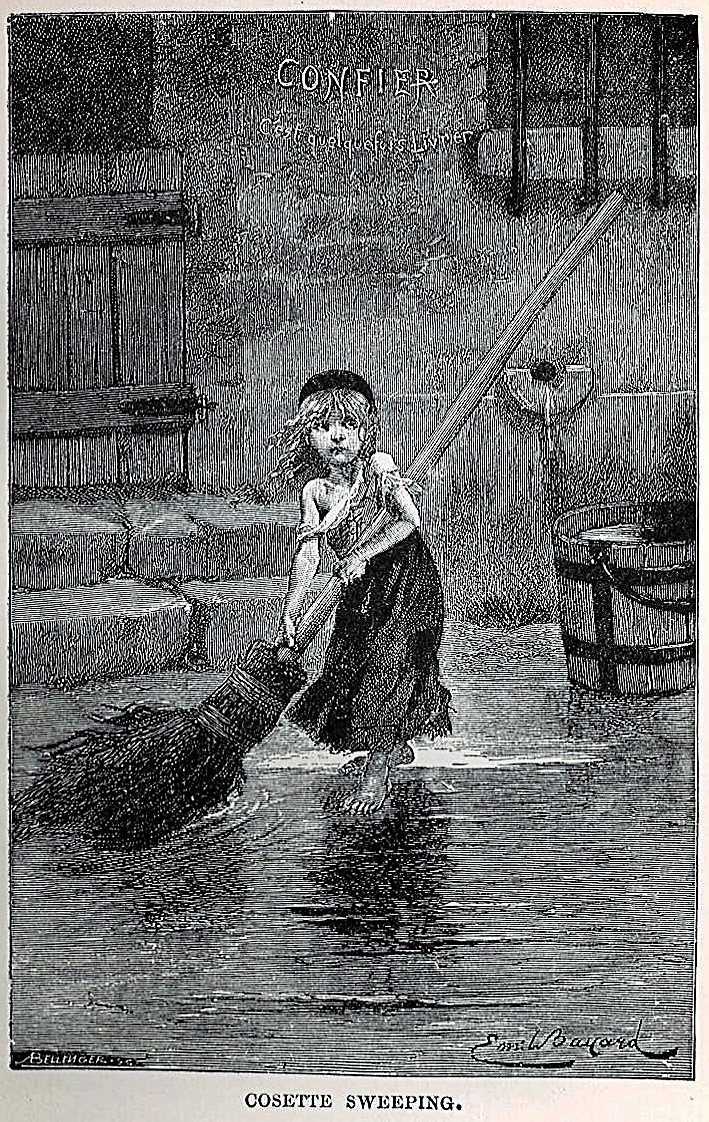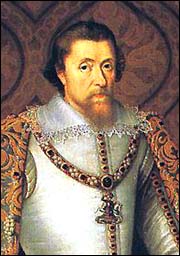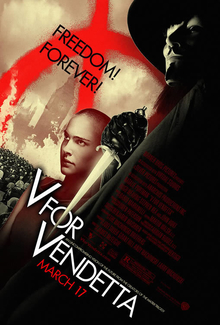As my readers are probably aware, a movie version of the musical Les Miserables is due to come out next month and I am just the slightest bit excited about it. I saw a stage production of the musical a very long time ago and ended up loving it immensely, putting it on the very short list of musicals I like. Since the movie was coming out very soon I decided this was an optimal time to go and read the original novel by Victor Hugo upon which the musical is based. I am forced to admit, that I found reading Les Miserables a considerable challenge, and not just because it's a long book. As the Nostalgia Chick has pointed out before, Les Miserables is one of the longest books ever written, and paper editions come in at around a thousand pages. "But Kalpar!" my reader is probably saying, "How can length possess a challenge to you? You've read other bricks of text like the Song of Ice and Fire series and the Gaunt's Ghosts series. How can a thousand page book pose such a challenge for you?" Well, dear reader, I thank you for your concern but it was not simply its length, but the sheer density of Hugo's tome that gave me one of my most difficult reading challenges to date.
The way I approach Les Miserables, I divide the book into roughly two parts. The first part consists of the actions of the characters we know and love from the musicals: Jean Valjean, Inspector Javert, Fantine, the Thenardiers, Cosette, Marius, and Enjolras and his band of rebels. The parts that actually contain the characters and focus on their development, their interactions, and the continuation of their plots is really interesting and I flew through those parts of the books. If Les Miserables had consisted of purely a focus on the characters, then I would have found this as compelling and interesting to read as other the other, many doorstoppers I have tackled. The problem is that Hugo frequently diverts himself from the compelling characters of his novel and decides to talk at great length about whatever subject he pleases.
Now, in the sake of fairness I will admit that I have read, on the internet, that some people enjoyed Hugo's essays on subjects as varied as the Battle of Waterloo, the Paris sewer system, and the development of French slang. The fact that Les Miserables was a best-seller when it was published in 1862 and remains a popular book suggests that a significant number of people still enjoy Hugo's writing. (Although I suspect the nineteenth century audience enjoyed it because they didn't have TV or Internet to entertain them.) Even considering the opinions of unknown people I've vaguely heard about from somewhere, Hugo's essays are extremely boring and, in my opinion, frequently do not contribute to the development of the plot. Even in the case of Hugo's lecture on the Paris sewers, which prefaces Jean Valjean and Marius's escape into them, it really does not need to be over fifty pages long and go over the history of the sewers of Paris from the 1400's. At best, I found Hugo's essays an entertaining distraction, at worst a complete derailing of the book's momentum.
The book's real strength, as I have mentioned before, lies in its characters and the parts when Hugo deigns to focus on them. Granted, I found the whole love affair between Marius and Cosette somewhat childish, especially considering during the book they have never spoken to each other and yet remain madly and deeply in love. I guess it's no worse than some of the other romance plots that have come out in the hundred and fifty years since Hugo wrote this book. A theme which I found rather interesting, although it was never really expanded upon, was the tendency of characters to put their complete faith in something other than god and for that faith to be utterly shattered in some way through the course of the book. Marius puts faith in his father and Thenardier, only to discover that Thenardier is really a despicable bottom-feeder and criminal. Even knowing the truth about Thenardier, Marius feels compelled to at least assist Thenardier. On the other hand we have Javert, who puts his complete faith in the law, as well as the infallibility of anyone who is a part of the "establishment" and the inherent wickedness of anyone on the wrong side of the law. This faith is shaken throughout the course of the book when Javert discovers that the mayor Monsieur Madeleine is the escaped convict Jean Valjean, and utterly shattered when Jean Valjean has Javert at his mercy and spares Javert's life. Javert's worldview is so utterly shattered that he finds it impossible to continue to live and throws himself into the Seine. But perhaps the character that resonated the most with me, personally, was Jean Valjean himself towards the very end of the book. As Cosette and Marius enter marital bliss, Jean Valjean convinces himself that he does not deserve to join in their happiness and refuses to forgive himself for sins committed long ago. Even though we the readers know he has atoned for those sins, Jean Valjean refuses to believe he has earned the happy life that he could easily take. It was truly heart-rending to see Jean Valjean put himself through that experience and it managed to touch even my shriveled and cynical heart.
For a reader interested in the characters of Les Miserables and their individual stories, I would recommend sticking to an abridged version of the book or enjoying an adaptation of the stage musical. Both are excellent options that don't loose too much in the adaptation process and allow you to really focus on the characters and let you fall in love with or in some cases really despise them. I'm certain that for many years there will still be a strong academic interest in the unabridged version of Les Miserables (much as there continues to be academic interest in the unabridged version of Moby Dick) but I don't think the average twenty-first century audience will really be interested in most of Hugo's diversions. By all means, feel free to tackle the challenge of completing Les Miserables, but it's really one of the best examples of how dense nineteenth century literature can become.
If I can convince Carvan, another major fan of Les Miserables, to go to the movie, then we might do a joint review of it in the future. Plus, I wrote it down so he can't back out! Hopefully we'll let you know what we think about it and will be able to provide our own opinions. Come back next week when I wax nostalgic about The Hobbit.
- Kalpar







